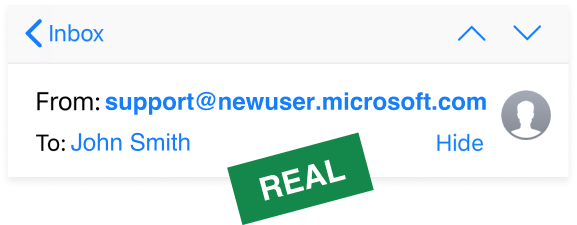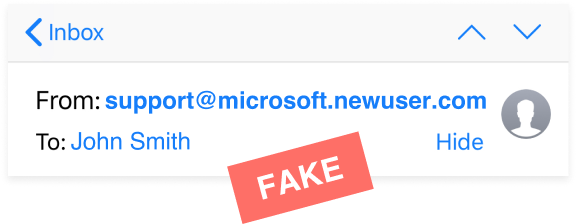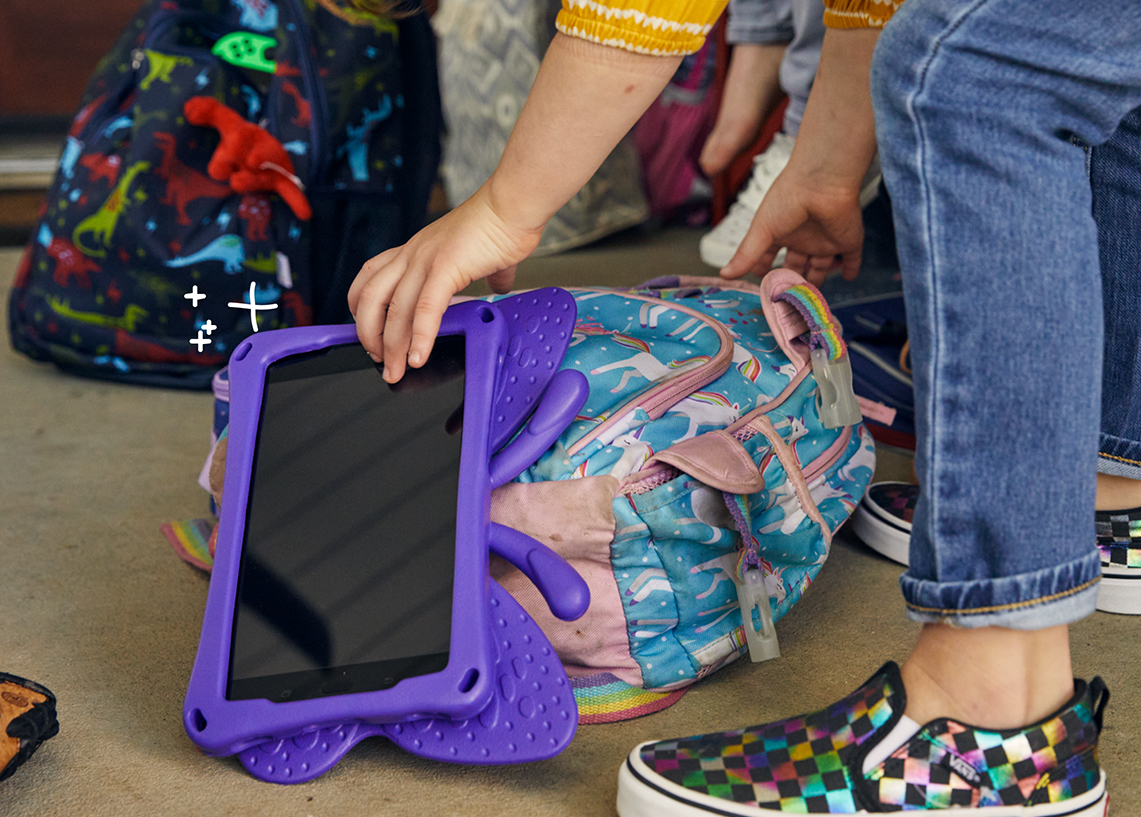Security is a top concern with all your tech. But what about your iPad®? Is it vulnerable to viruses or other types of security risks? The answer is yes, but don't worry, it's not very common.
When tech does go wrong, we make it right. Every day, Asurion Experts help our customers to eliminate the fears and frustrations associated with technology. Here’s their guide to what you need to know about iPad security, from how your iPad can get infected with a virus or malware to what to do if it does.
Can an iPad get a virus?
There is little risk of your iPad getting a virus. Its operating system (iOS™) is designed to keep applications separate from each other so they can't infect other systems. Plus Apple® security experts check any apps before they make them available in the App Store®.
Even though the chances of getting a virus are extremely low, it's important to be diligent when using your iPad to avoid these potentially devastating security risks.
iPad malware risks
Malware is designed to disrupt, damage, or gain unauthorized access to a device's system. The term includes viruses and other forms of harmful software. It's unusual for an iPad to become infected with malware, but there are several ways it can happen.
How an iPad gets malware
Malware can do real damage—primarily by stealing your personal data—when it gets onto your iPad through fake ads, harmful attachments, phishing attempts, or an app. (As we mentioned earlier, Apple carefully vets the App Store, so this is rare). Your device can also get malware if you click on a shady link or download a dodgy attachment.
iPad adware scams to watch out for
Adware is a type of malware that tracks your browser history so it can create fake personalized ads. Beware of pop-ups saying that you've won a free gift—especially if they ask for your credit card info—or a message appearing in your browser warning of a virus. These alerts may look valid, but they could be trying to scam you or steal your personal information.
iPad spyware infections
Spyware, a type of malware often disguised as legitimate software, can sneak into your system undetected and do all kinds of damage from stealing and selling your personal information to tracking your browsing history and private chats.
iPad phishing schemes
Phishing is the dastardly practice cybercriminals use to try to trick you into sharing your financial or account information by clicking on a link or downloading an attachment. On your iPad, these scams may come your way via email or phony pop-up ads. To learn more, check out our guide on how to easily spot phishing attempts.
How to protect your iPad from malware
The best way to protect your iPad from malware is to mimic the security practices you follow with all your devices.
Update your iPad with the latest iOS
Always download and run operating system updates when prompted. Here's how to confirm you have the most recent iOS:
- Open Settings.
- Tap General > Software Update.
- Run the update and turn on Automatic Updates.
Use a password manager
Don't store your passwords in your email or an unprotected app or file—doing so will leave your personal information vulnerable to hackers. If someone were to access your device, they'd be able to see and change your passwords.
Instead, use one of the many secure password manager apps in the App Store, and consider a password-protected security app to store any photos, documents, and screenshots that have password lists.
Set up two-factor authentication
Two-factor authentication offers an extra layer of security by requiring you to provide two pieces of information to log in: your password and a verification code that's either sent to your phone or email address. This way, even if someone steals your password, they can't log in.
Use a VPN on public Wi-Fi
Public Wi-Fi, which is often found in airports, coffee shops, and hotels, leaves your information vulnerable to hackers and cybercriminals. If you have to use it, set up a virtual private network (VPN), which keeps your connection anonymous and secure. That means no one can see what you're doing online—or interfere. For more info, check out 6 tips to help you stay safe on public Wi-Fi.
Don't jailbreak your iPad
Avoid jailbreaking, the practice of removing software restrictions on iOS and Apple products (and bypassing built-in security) in order to install unauthorized apps. These apps run the risk of compromising your device and your personal data.
Watch out for strange links and attachments
Clicking on an unusual link or attachment can take you to a website or file that could compromise your device. Here are a few warning signs to watch out for:
They ask for your personal information
Most organizations won't ask you to give out passwords or credit card numbers. If you get an email that asks for this sensitive information, contact the company directly. Don't click any links. Type the company's website into your browser, and look for a page that says “Contact Us."
They use a generic name
If you have an account with an organization, it will probably send you personalized emails. But scam artists likely don't know your name. Instead, they'll use a generic greeting like “Hello" or “Dear Customer."
They use poor grammar
Established companies and organizations have teams to proofread emails, so incorrect punctuation or spelling should be a warning sign.
They use a fake email
An email address has two parts: a username, which comes before the @ symbol, and a domain name, which comes after it. Cybercriminals like to make slight changes to the domain name to trick you.


You can tell the email on the top is from Microsoft® because the company name is the last part of the domain name. The email on the bottom is not from the company because the word “newuser" comes at the end.
If you still have questions about protecting your iPad from viruses or malware, visit the uBreakiFix® by Asurion store nearest you for help.





